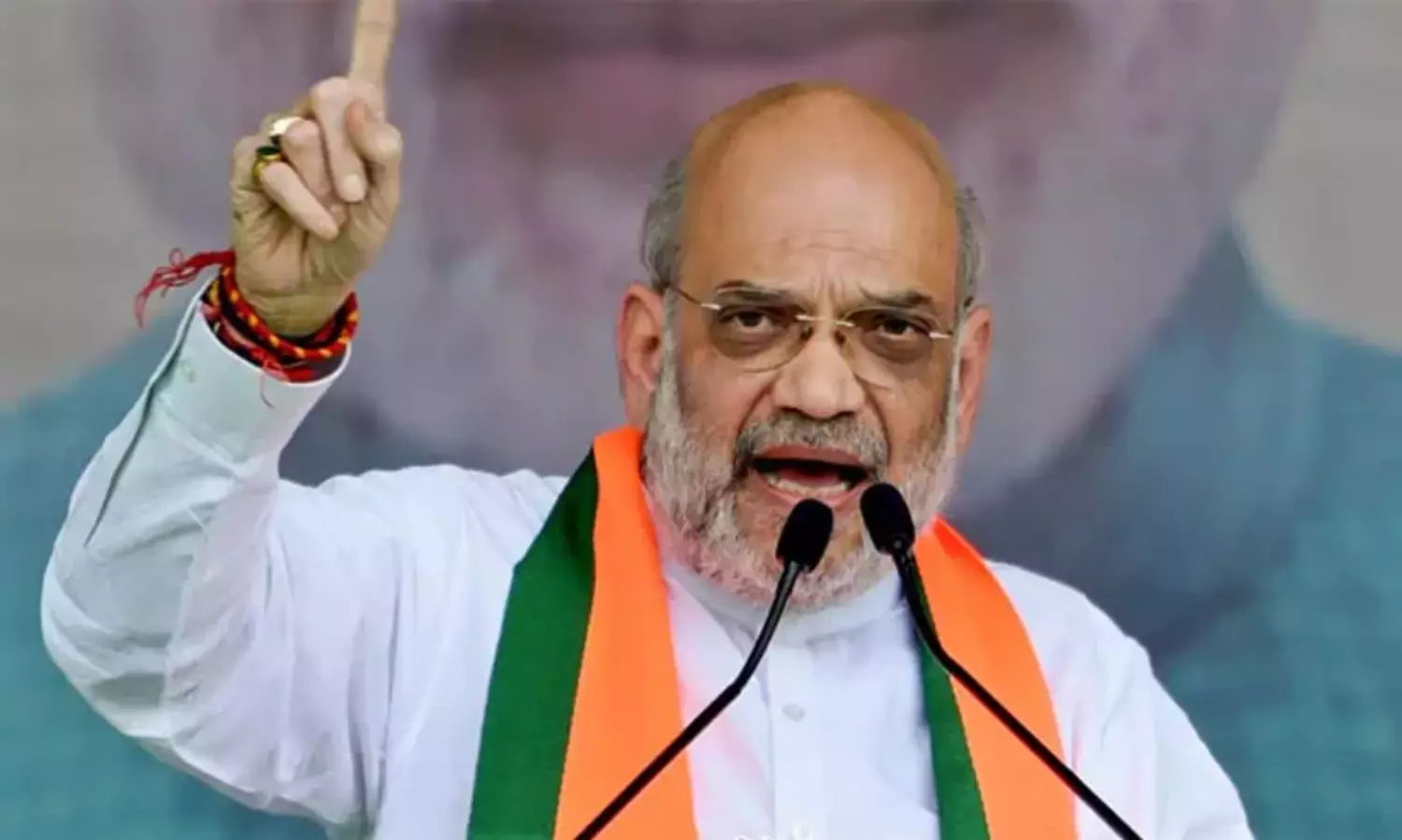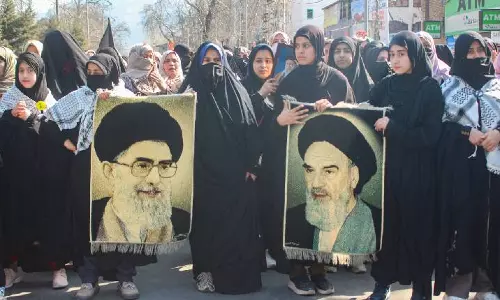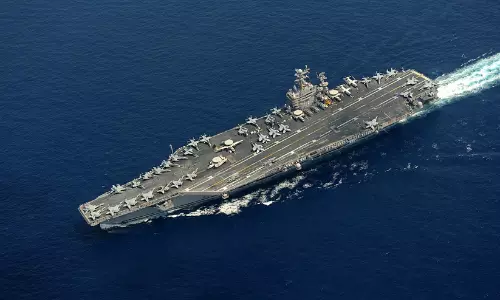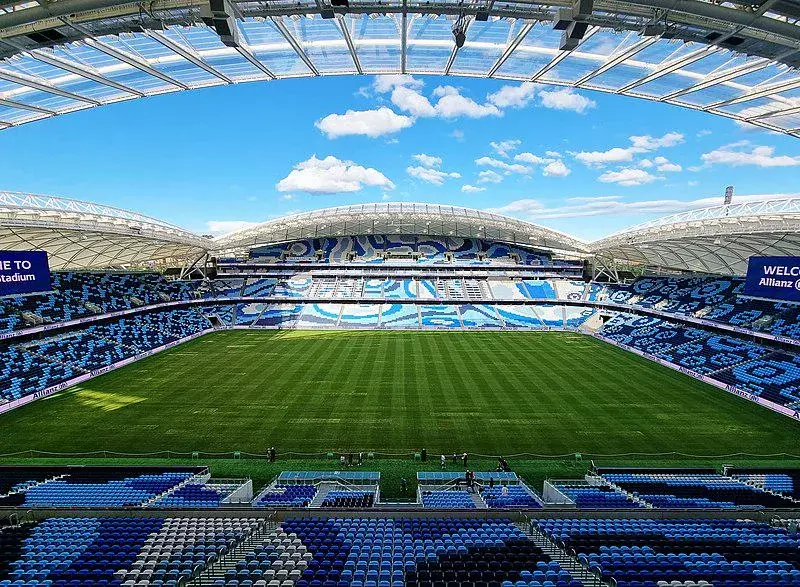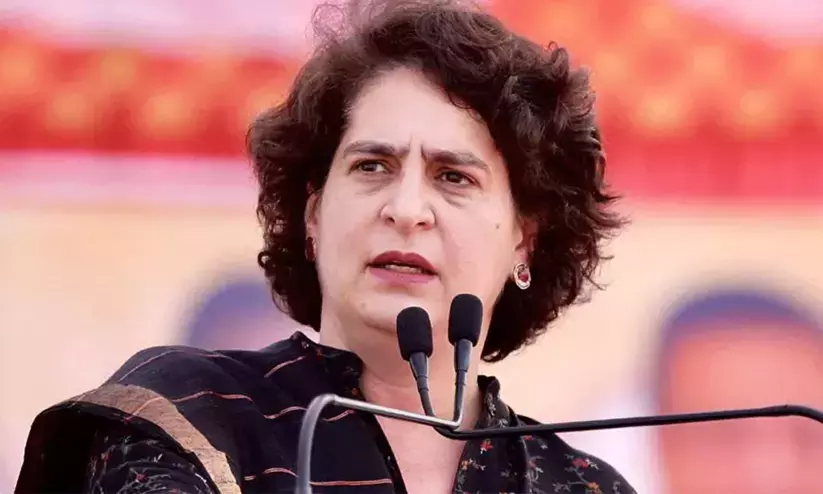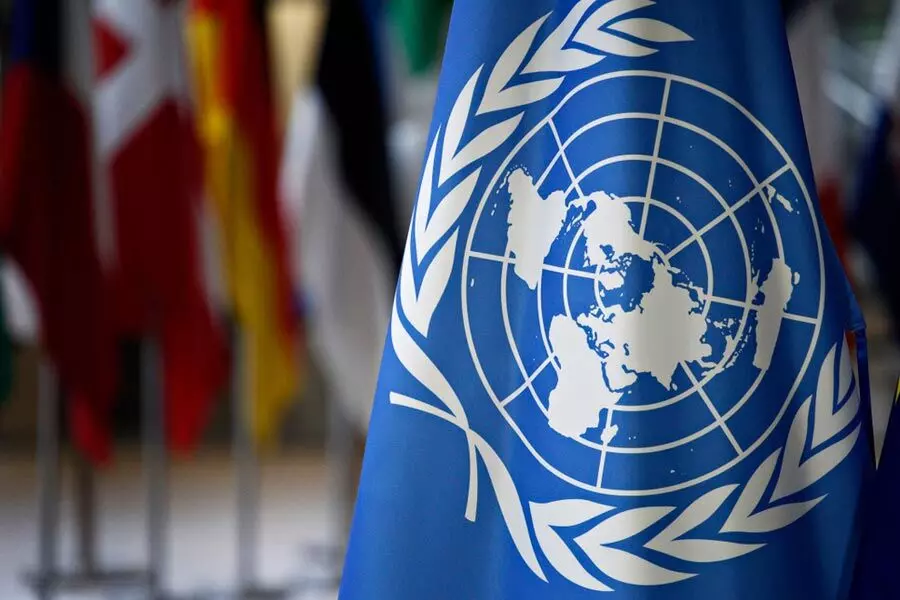
UN peacekeeping chief says India major partner in UN’s strategy for digital transformation of peacekeeping
text_fieldsUnited Nations: The UN peacekeeping chief praised India's dedication and engagement through key initiatives including guaranteeing accountability for crimes against the Blue Helmets and called it a "major partner" in the UN's agenda for the digital transformation of peacekeeping.
With more than 6,000 military and police troops deployed to Western Sahara, Cyprus, the Democratic Republic of the Congo, Lebanon, Abyei, the Central African Republic, and the Democratic Republic of the Congo, India is currently the third-largest supplier of uniformed people to UN peacekeeping.
Lacroix said that India’s “engagement and commitment” in support of peace operations is critical, both politically through its contribution and in support of the department’s initiatives.
He further underlined the “role of India in supporting our initiative to make sure that peace operations will be up to speed in terms of digital technologies because this is critical. We have a strategy for the digital transformation of peacekeeping. And India is a major partner in that regard,” he said.
The UN marked 75 years of peacekeeping and commemorated the International Day of UN Peacekeepers on May 29 with this year’s theme of “Peace begins with me’.
Three Indian peacekeepers, who lost their lives serving under the UN flag last year, were among the 103 military, police, and civilian peacekeepers honoured posthumously with the prestigious Dag Hammarskjöld Medal at a solemn ceremony last week.
Border Security Force personnel Head Constables Shishupal Singh and Sanwala Ram Vishnoi, who served with the Organisation Stabilisation Mission in the Democratic Republic of the Congo (MONUSCO) and Shaber Taher Ali, who served in a civilian capacity with the UN Assistance Mission for Iraq (UNAMI) were awarded the medal posthumously at UN headquarters on May 25.
Under its Presidency of the Security Council in August 2021, India, in collaboration with the UN, announced the rollout of the UNITE AWARE platform, a “situational awareness software programme that allows a Peacekeeping Operations Centre to visualise and analyse the ground situation in a conflict zone on a real-time basis.” Earlier this year, India deployed a platoon of women peacekeepers to the UN Mission in Abyei, the country’s largest single unit of female Blue Helmets in a UN mission since 2007, heralding New Delhi’s intent of increasing significantly the number of women in peacekeeping contingents.
The platoon is deployed in Abyei as part of the Indian Battalion in the United Nations Interim Security Force, Abyei (UNISFA).
Lacroix said among the initiatives undertaken to improve peacekeeping, improving the role and increasing the number of women in peacekeeping is vital.
He said that he recently visited the base of “our Indian contingent in Abyei”, a camp “designed to be welcoming” to both female and male peacekeepers.
“Having more women in peacekeeping essentially means more effective peacekeeping. We want to be an active player in carrying forward the agenda of the UN, in terms of women empowerment…in addition, we want to be more representative of the community we serve,” Lacroix said.
Lacroix appealed to India and other troop and police-contributing countries to provide not just more women in units that are deployed but also more female candidates for senior positions in the military, police and civilian areas.
In December last year, when India was UNSC President, before the end of its tenure as a non-permanent member, it launched the ‘Group of Friends’ to promote accountability for crimes against peacekeepers, which Lacroix described as “critically important”.
Noting the progress over the last couple of years in ensuring perpetrators of crimes against peacekeepers are brought to justice, he said 72 individuals had been convicted since 2019.
While this is a positive step, Lacroix said there is a need for much more accountability. “The role of our member states to that effect is critical. More accountability for those crimes will mean more security for our peacekeepers. There’s a very close link…This is really one of the top priorities moving forward.” He voiced concern over attacks against peacekeepers, particularly by armed groups operating in many regions where peacekeepers are deployed.
“Therefore, this initiative by India on accountability for crimes against peacekeepers is highly important because we absolutely need to make progress in terms of accountability,” the peacekeeping head said.
Lacroix noted that the environment where peacekeepers perform their duties is becoming increasingly dangerous.
“The environment in which our peacekeepers operate has become much more dangerous. We’re faced with new forms of threats, and one of them is fake news and disinformation,” he said, underlining the need to address these threats with more capacity, training and resources.
“We are operating sometimes in places where you could argue that there is no peace to keep, but then the question that always needs to be asked is what is the alternative, and what is a fair assessment of what peacekeeping is bringing to these populations, to these areas affected by conflict,” he said.
Lacroix said that the critical challenge UN peacekeeping faces “is political because peacekeeping missions have a political objective, irrespective of their mandate, and they are much more likely to succeed when the peace processes that they support are actively supported by our member states and in a way that is united.”
He asserted that it was unfortunate that UN member states “are not united anymore. We have a divided international community and a divided Security Council. That has a major impact on the ability of our peacekeeping missions to reach their ultimate goal, which is to actively and successfully support the peace process and then leave.”
Lauding the critical role of peacekeepers, he said, “We have many situations in which ceasefires are being protected, and it means that through our peacekeepers, we’re preventing the resumption of hostilities in many places where we are deployed. Every single day, our peacekeepers are protecting hundreds of thousands of civilians.”
Over two million peacekeepers from 125 countries have served in 71 worldwide operations in the last 75 years. Today, 87,000 women and men serve in 12 conflict zones across Africa, Asia, Europe, and the Middle East.
With PTI inputs




